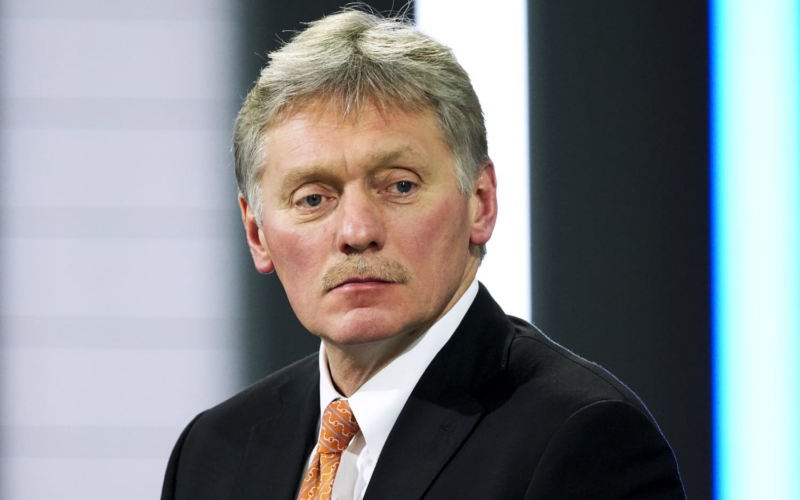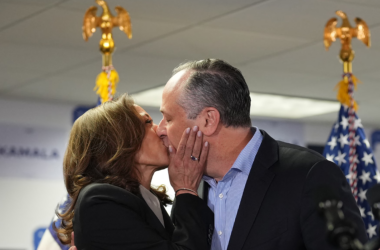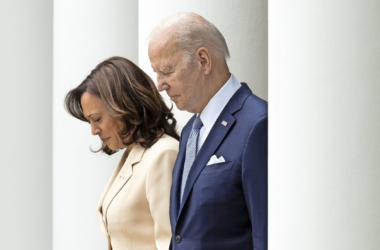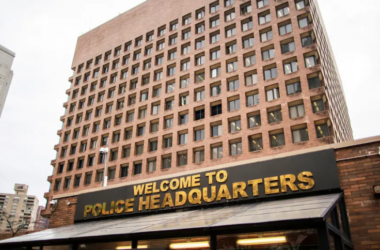The Kremlin announced on Friday that Russia is open to engaging in “comprehensive” security discussions with the United States, provided that the conflict in Ukraine is also a key topic of the talks. Dmitry Peskov, the Kremlin’s spokesperson, conveyed this stance, emphasizing the necessity for a broad dialogue that addresses the U.S.’s involvement in the Ukraine conflict.
“We are open to dialogue, but to a broad, comprehensive dialogue that covers all dimensions, including the dimension related to the conflict around Ukraine, the involvement of the United States in this conflict,” Peskov stated, as reported by Russian state news agency Tass.
The announcement follows suggestions of potential talks with Washington focusing on nuclear risks independently of the Ukrainian issue. As of now, the U.S. State Department has not responded to inquiries about whether the White House would agree to such terms for negotiations.
So far, Russia has been largely excluded from Western diplomatic efforts aimed at resolving the conflict with Kyiv. Notably, Moscow was not invited to the Summit on Peace in Ukraine held on June 15-16.
Dmitry Medvedev, a senior Russian security official, added via a Telegram update that discussions about a new treaty on nuclear arms limitation with the U.S. can only proceed once Washington stops supplying weapons to Ukraine and blocks its NATO membership bid. Medvedev highlighted Russia’s longstanding view that Kyiv’s potential accession to NATO is a significant security threat, which contributed to the initiation the conflict in Ukraine in February 2022.
“Everything should develop according to a completely different scenario,” Medvedev remarked, predicting a scenario where the U.S. would be driven to a state of “total psychosis” due to fears of Russian missile and bomb strikes. He further suggested that the American elite should be left to “tremble and shake.”
Medvedev, who served as Russia’s president from 2008 to 2012, was a signatory of the New START nuclear arms reduction treaty in 2010, alongside then-U.S. President Barack Obama. This treaty, which came into effect in 2011 and was extended in 2021, restricts both nations to deploying no more than 700 intercontinental ballistic missiles and 1,550 strategic nuclear warheads each. It also allows for up to 18 annual inspections to ensure compliance.
However, President Vladimir Putin suspended Russia’s participation in the New START treaty in February 2023, without completely withdrawing from it. Since then, Russia has rejected U.S. overtures for dialogue on nuclear arms control, while the U.S. continues its military support for Ukraine.
“We do not see the slightest interest on the part of either the United States or NATO to settle the Ukrainian conflict and listen to Russia’s concerns,” said Russian Foreign Minister Sergey Lavrov in January.
Heightening the rhetoric, Putin warned NATO earlier this year about the risks of nuclear conflict if the alliance pursued suggestions, such as those from French President Emmanuel Macron, to deploy Western troops into Ukraine.
″[The West] must realize that we also have weapons that can hit targets on their territory. All this really threatens a conflict with the use of nuclear weapons and the destruction of civilization. Don’t they get that?” Putin declared during his annual state-of-the-nation address in February.
The possibility of nuclear escalation remains a critical factor in NATO’s strategic decisions regarding its support for Ukraine. Russia, inheriting the majority of the former Soviet Union’s arsenal, holds the world’s largest nuclear stockpile, with a total inventory of 5,580 warheads as of March, according to the Federation of American Scientists. This is slightly more than the U.S.’s total of 5,044 warheads.








